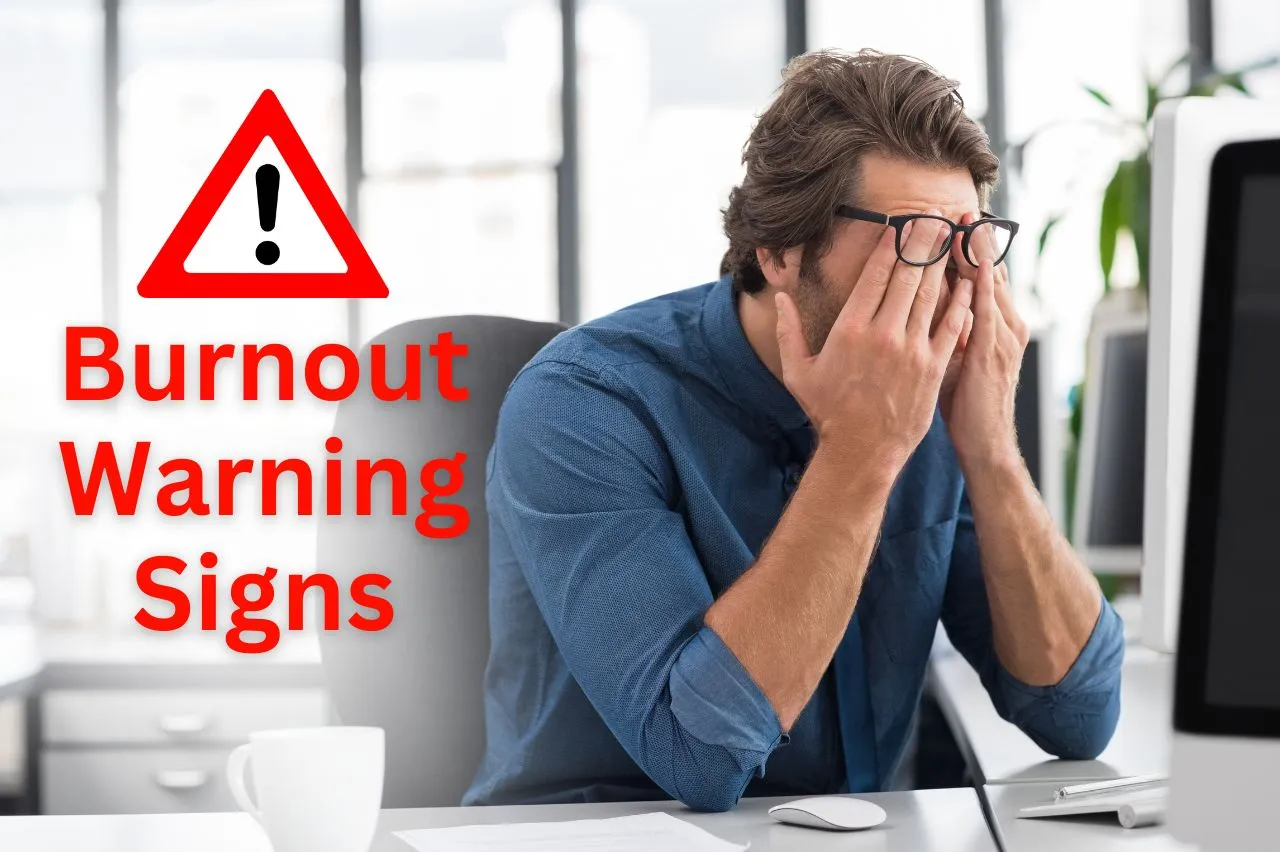Subtotal $0.00
Burnout: A Call to Action
Burnout, a pervasive issue in today’s demanding workplaces, is a gradual build-up of mental exhaustion often marked by emotional depletion, cynicism, and declining professional performance. Left unchecked, it can spiral into more severe conditions like depression and anxiety.
Have you ever felt like you’ve run a marathon before your day even begins? Or found yourself exhausted despite a full night’s sleep? These are all-too-common signs of burnout that affect millions of workers every day.
Anthonia’s Story: A Reflection of Mental Exhaustion in the Workplace
Consider Anthonia’s story—a vivid example of burnout’s impact. In 2019, Anthonia (not her real name), a mother of four and a dedicated Walmart employee, appeared to juggle her bustling home life and demanding job with ease. Yet beneath her composed exterior, she silently grappled with the early signs of burnout. As her shifts grew longer and work demands increased, Anthonia felt drained, detached, and overwhelmed, struggling to keep up with both her job and family responsibilities.
Initially, she brushed off her fatigue as just another rough patch. But soon, the signs became impossible to ignore: forgotten tasks, missed family moments, and a growing sense of disconnection. Anthonia’s experience is far from unique—according to Gallup’s most recent findings, 59% of U.S. employees report feeling burned out due to unrelenting demands, lack of control, and insufficient support.
To reclaim her well-being, Anthonia sought help from her employer, set clearer boundaries, and prioritized self-care. With adjusted work hours, counseling, and renewed family time, she began to restore her balance. Her journey underscores a critical message: recognizing burnout early and taking proactive steps is essential to protecting your mental health.
Spotting the Signs of Burnout
Identifying burnout early allows for timely intervention. Key indicators include:
• Physical and Emotional Exhaustion: Constant fatigue, feeling drained, and frequent headaches or stomach issues are common signs. Difficulty sleeping and feeling “on edge” may also signal mental exhaustion.
• Detachment and Isolation: You might begin to withdraw from social interactions, feel isolated from colleagues, and lose your sense of connection with your team.
• Reduced Performance: Productivity dips, mistakes happen more frequently, and focusing on tasks becomes a challenge.
• Cynicism and Negativity: A pervasive cynical attitude toward work, colleagues, or the company is a strong indication of burnout.
• Physical Health Issues: Headaches, stomach problems, and unexplained aches and pains can be physical manifestations of burnout.
Prioritizing Employee Recovery
For employee recovery, organizations must prioritize mental health in the workplace. This involves:
• Encouraging Work-Life Balance: Offer flexible work hours, encourage breaks, and help employees set boundaries between work and personal life.
• Fostering Open Communication: Create a safe space where employees can express their feelings without fear of judgment.
• Providing Mental Health Support: Offer access to counseling, therapy, or mental health workshops.
• Recognizing and Appreciating Employees: Acknowledge hard work and show appreciation to boost morale.
• Promoting Time Management Skills: Help employees manage their workloads efficiently by offering time management training.
Preventing Workplace Burnout
Prevention is always better than cure. Companies that prioritize employee wellness tend to have healthier, more productive teams. Strategies for preventing burnout include:
• Regular Check-Ins: Conduct frequent one-on-one meetings to assess employees’ well-being.
• Providing Stress Management Training: Offer training on stress reduction and mental
resilience.
• Promoting a Positive Work Culture: Foster an open, supportive culture where employees feel valued.
Act Now
Burnout is a serious mental health issue that can take a toll on your well-being. By recognizing the warning signs early and taking steps to recover, both employees and employers can foster a healthy, productive work environment.
What To Do?
If you’re experiencing burnout symptoms, don’t hesitate to reach out for help. At Jay Care Mental Health Center, we are dedicated to helping businesses and individuals establish a culture that prioritizes mental health and well-being. Whether you’re just beginning to consider workplace mental health or looking to enhance your existing programs, we’re here to support you.
Our suite of mental health solutions includes adult psychiatry, psychological testing, telehealth, group therapy, substance abuse intervention, outpatient treatment, and more. Prioritize your well-being and seek support from Jay Care Mental Health Center.
Schedule a free consultation with us today, and let’s collaborate to create a healthier, more supportive workplace. Remember, your mental health is just as important as your physical health.
fill the form below to subscribe to our newsletter for more insights and strategies on improving mental health within your organization!




